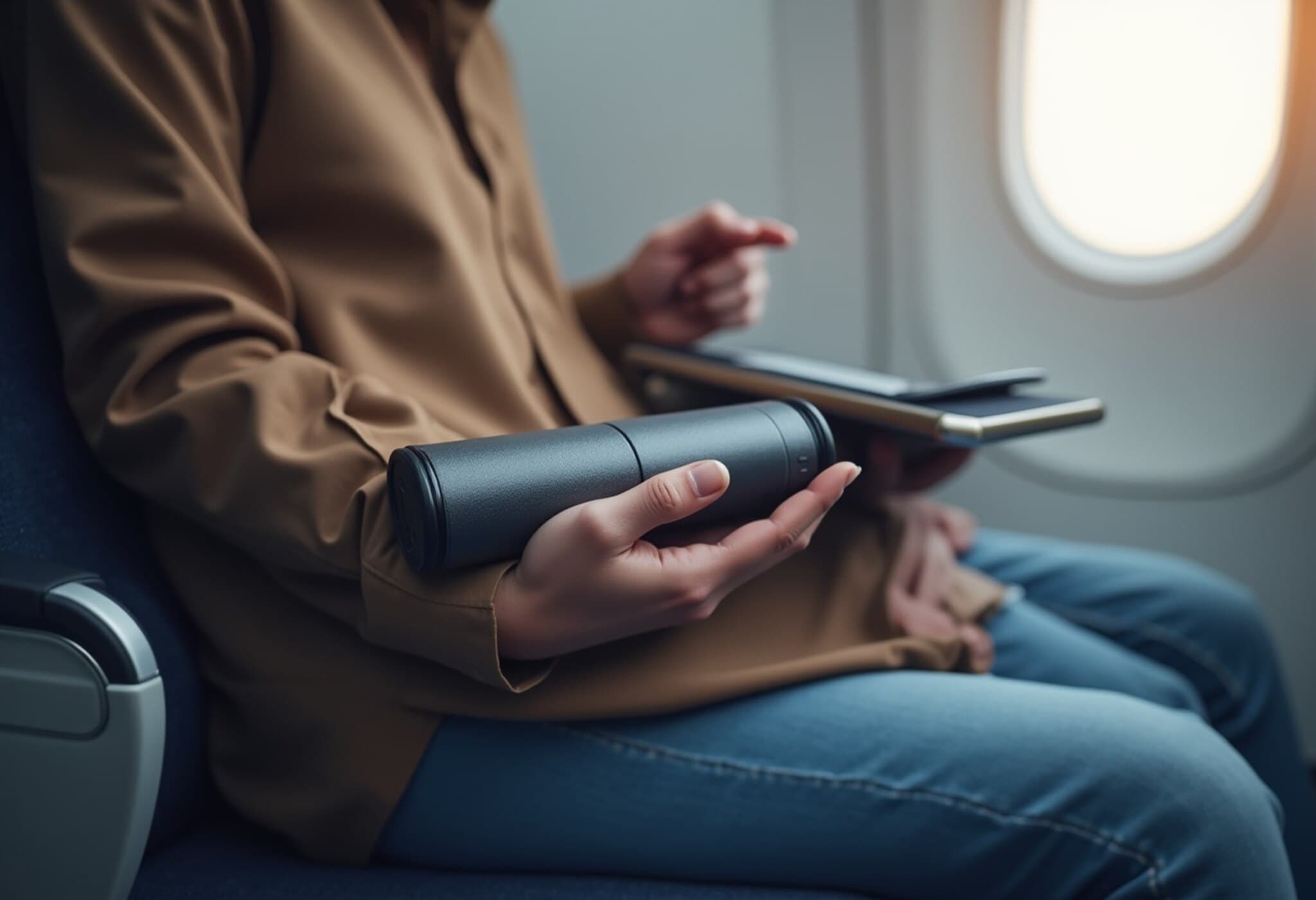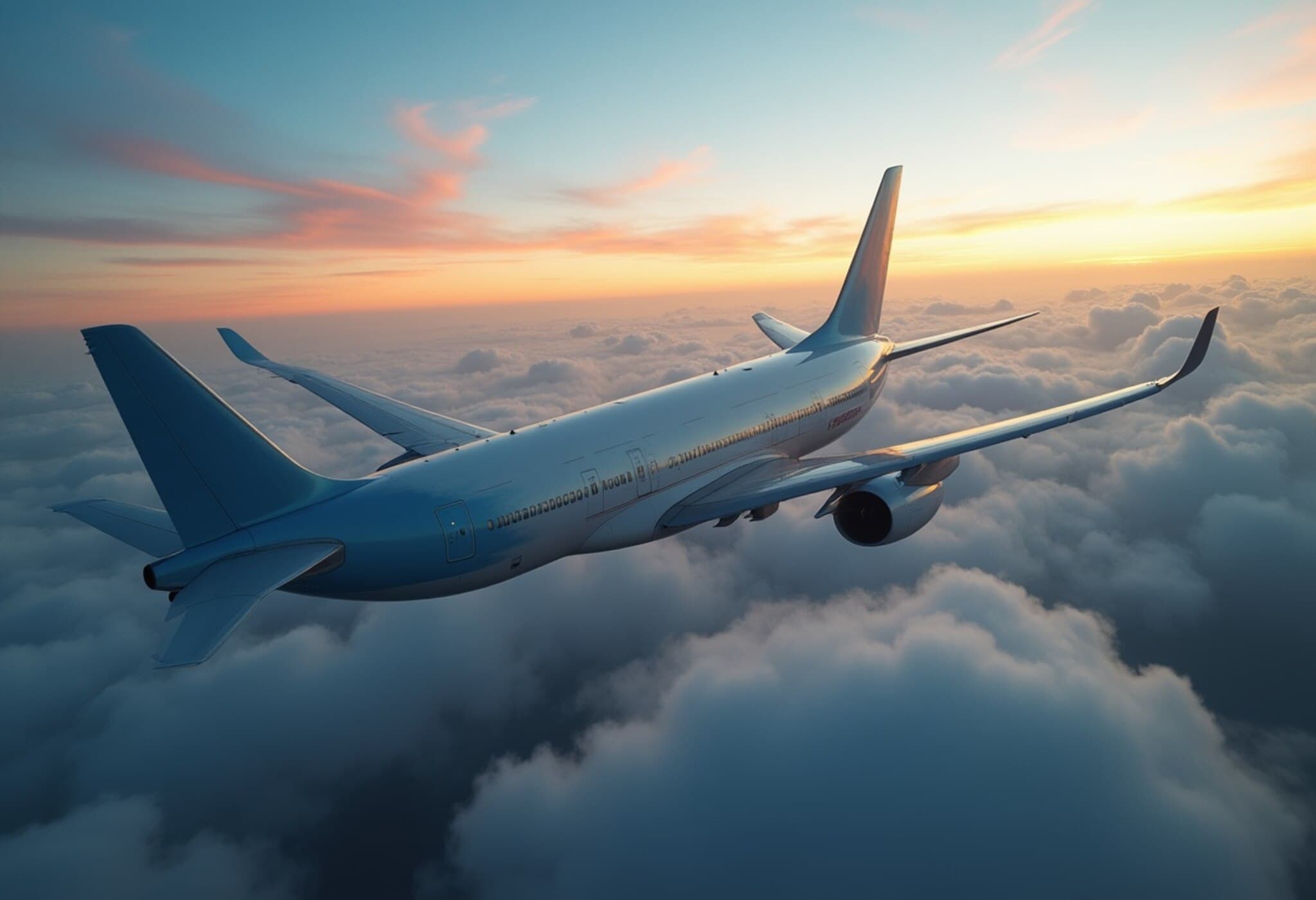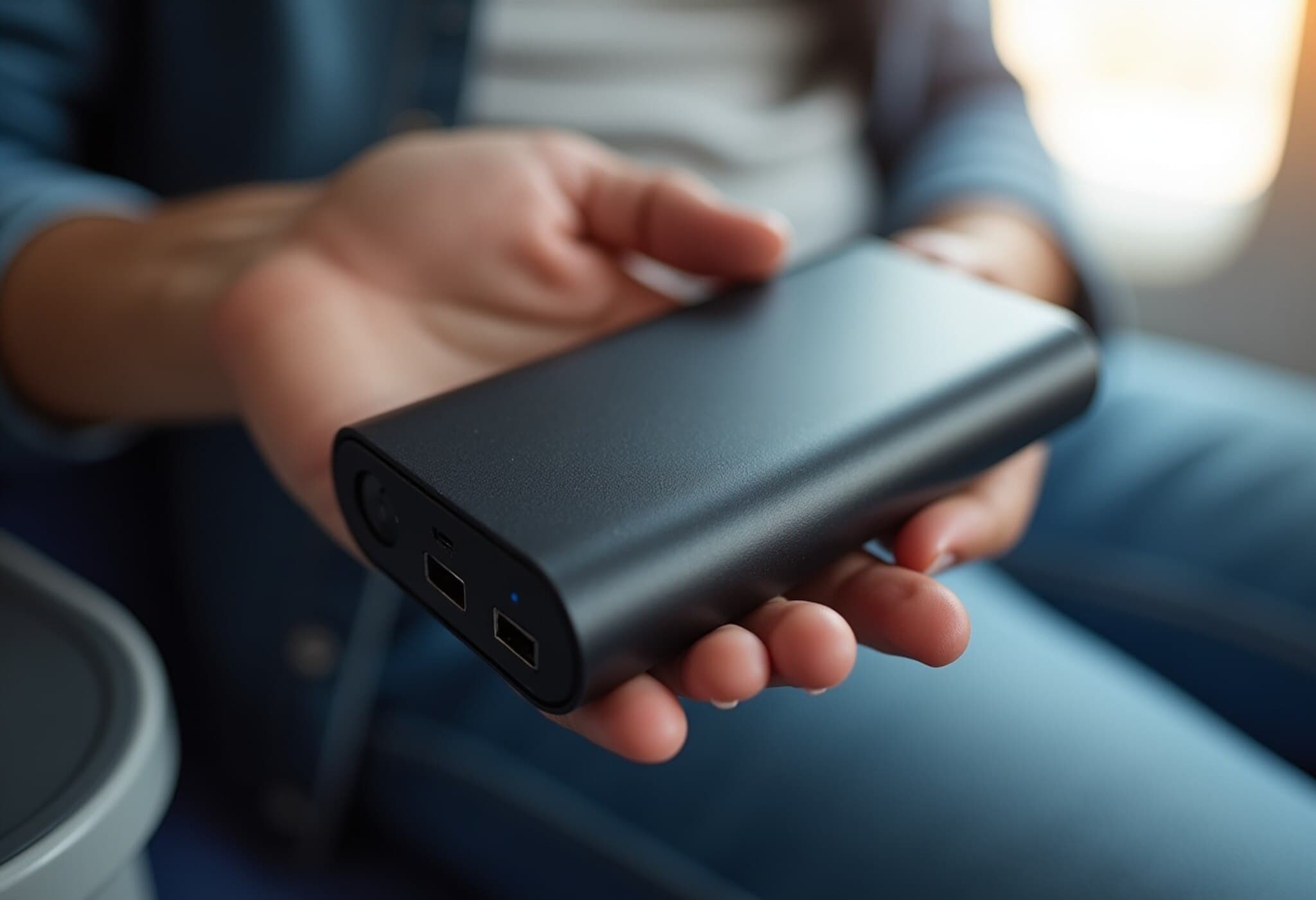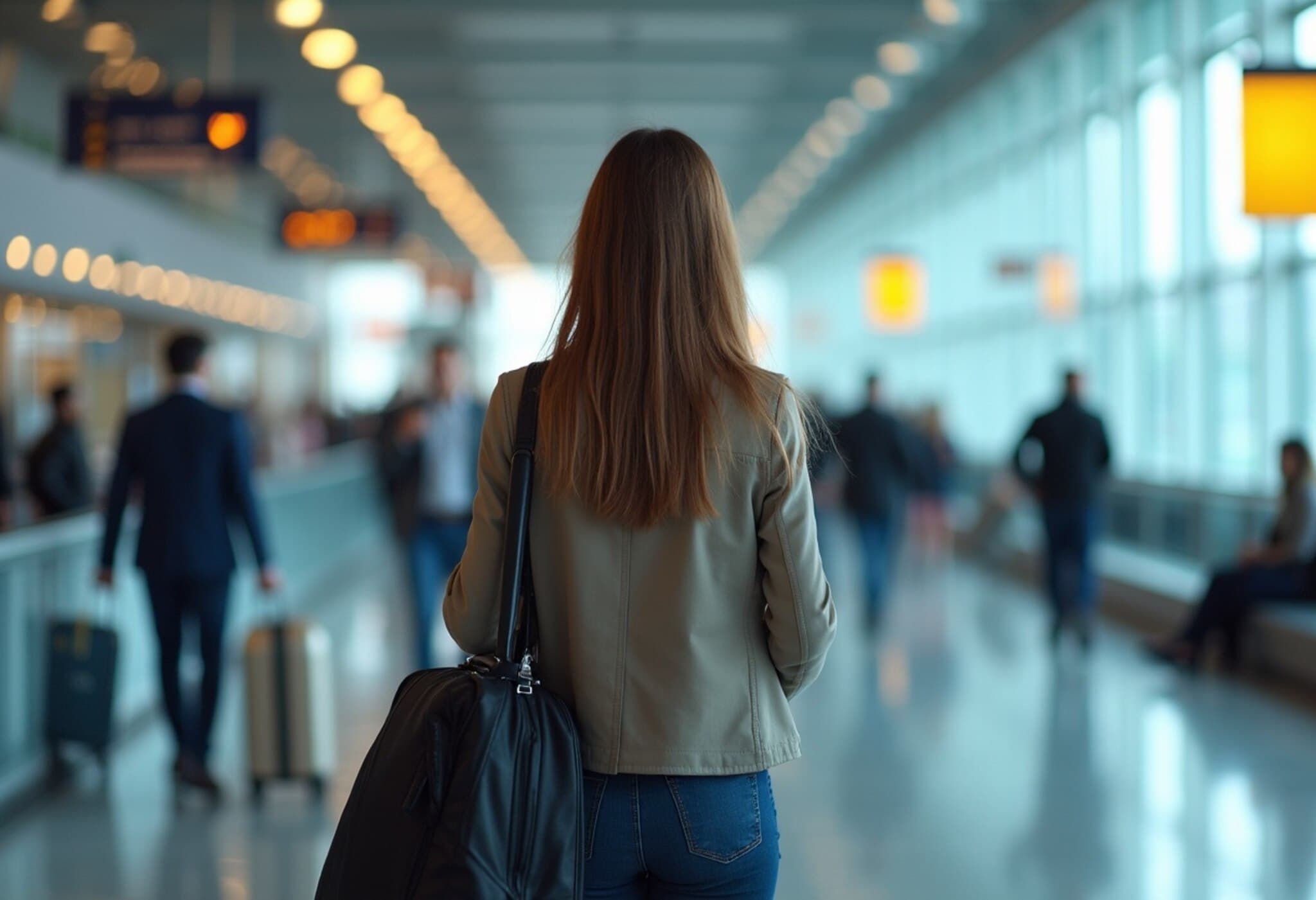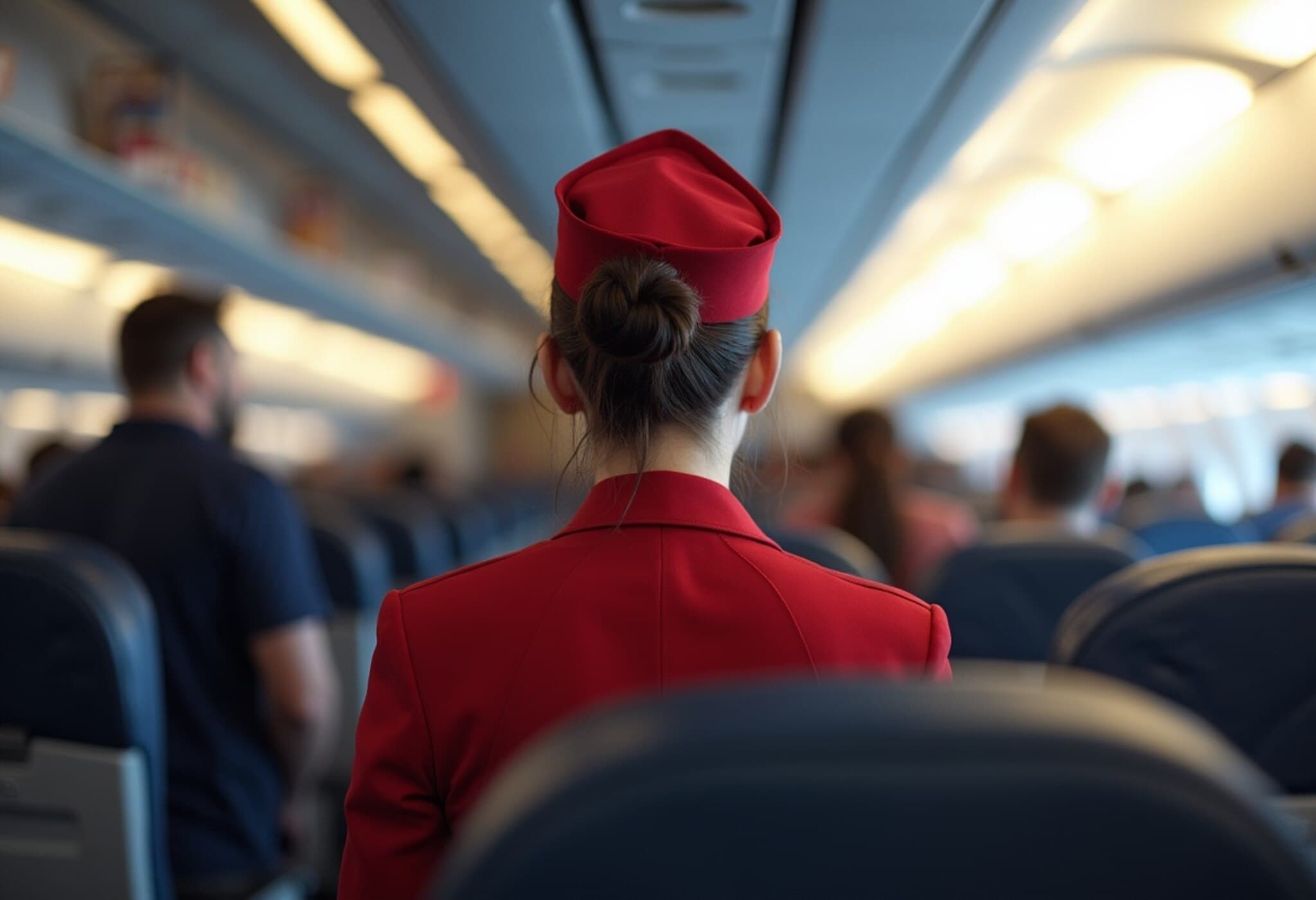Emirates Sets New Safety Rules for Power Banks on Flights
Starting October 1, 2025, Emirates Airlines will implement a stringent new policy restricting the use of power banks during its flights. While passengers will still be allowed to carry one power bank each, the airline prohibits any in-flight usage — meaning no charging your devices with power banks or charging the power banks themselves via the aircraft’s power sockets.
Why the Sudden Crackdown on Power Banks? Understanding the Safety Concerns
Emirates’ decision is part of a broader, precautionary safety effort following a sharp rise in incidents related to lithium battery-powered devices in the aviation sector worldwide.
Power banks mainly rely on lithium-ion or lithium-polymer batteries, which, if damaged or improperly handled, can undergo a phenomenon called thermal runaway. This dangerous process causes battery cells to overheat uncontrollably, potentially igniting fires, explosions, or releasing harmful gases. While most modern smartphones and advanced electronics incorporate protective mechanisms, many power banks — especially low-cost, basic models — lack these safeguards, raising the risks during flights.
How Emirates’ Policy Changes Address These Risks
- One power bank per passenger: Only a single power bank is allowed, and it must be rated below 100 watt-hours (Wh).
- Visible capacity labeling: The power bank must clearly display its capacity to help crew verify compliance.
- Strict storage rules: Power banks aren’t to be stored in overhead compartments. Instead, passengers must keep them in their seat pocket or bags beneath the seat in front, ensuring quick access in emergencies.
- No in-flight use: Charging devices from power banks or charging the power banks using the plane’s power outlets is strictly forbidden during the flight.
These measures will help cabin crew swiftly identify and respond to any battery-related emergencies, protecting passengers and aircraft alike.
Industry Context: Why Lithium Battery Safety Matters on Planes
Lithium-ion batteries have revolutionized portable electronics, but their volatility remains a challenge — especially in confined environments like airplanes. Airlines across the globe are grappling with how to balance passenger convenience against rising safety concerns. Recent reports from aviation safety boards have highlighted lithium battery incidents as a growing threat, often linked to overheating, manufacturing defects, or external damage during handling.
Emirates follows a trend where carriers enforce stricter cabin battery regulations to curb the risk of fires mid-air, a scenario with severe consequences given the difficulty of managing such emergencies at 35,000 feet.
Expert Insight: Aviation Safety and Consumer Electronics
Dr. Amy Miller, an expert in aviation safety and battery technologies, explains, "Lithium batteries, while indispensable, pose a unique hazard due to their energy density and chemical composition. Airlines like Emirates taking proactive steps by restricting power bank use is a responsible move to mitigate these risks, particularly as consumer reliance on such devices continues to increase."
What Travelers Should Do to Prepare
Passengers planning to fly with Emirates should:
- Check their power bank’s watt-hour rating before packing.
- Label their devices clearly if the markings are worn or missing.
- Ensure the power bank stays accessible during the flight (avoid overhead bins).
- Plan to charge devices on the ground or before boarding since onboard charging options will be unavailable.
By adhering to these guidelines, travelers can help ensure a smooth journey while aligning with evolving global airline safety protocols.
Looking Ahead: Balancing Technology and Air Safety
This policy prompts a broader conversation about how airlines and regulators can keep pace with evolving consumer technology without compromising aviation safety. As mobile devices become essential travel companions, policies like Emirates’ highlight the need for robust education and transparent regulations that keep passengers informed and safe.

